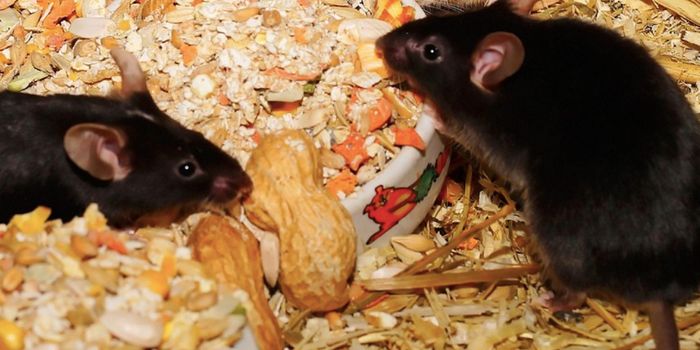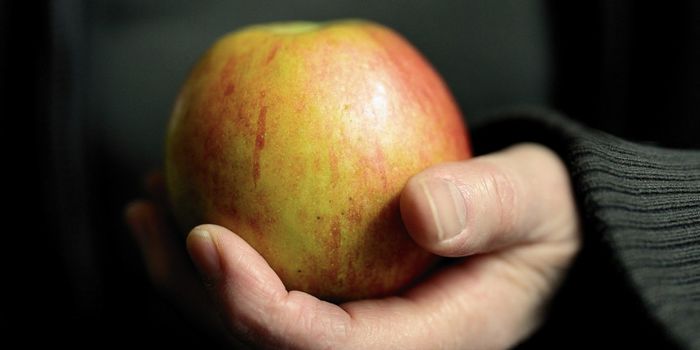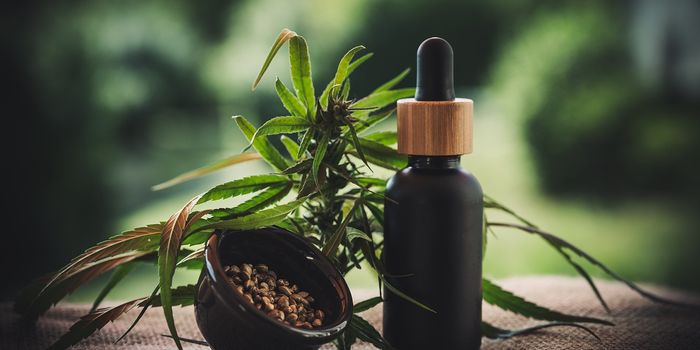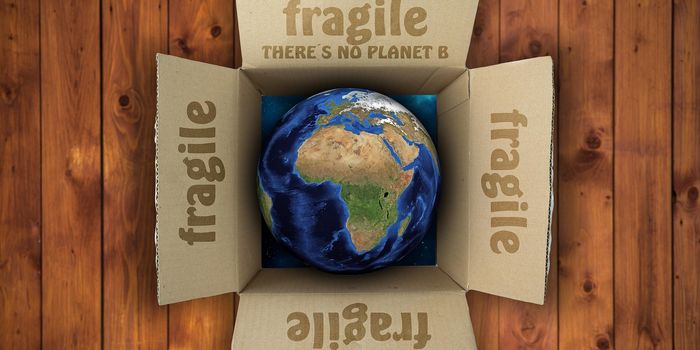Irreplaceable Rare Flowers Destroyed By Paperwork Accident in Australia
From time to time, plant experts save small vacuum-packed specimens of plants to preserve their structures well beyond the time nature would allow. Doing so allows for future visual observations without the fear of decay ruining the specimens.
Image Credit: Natural History Museum
It’s also pretty common for those specimens to get shipped from one place to another so that scientific comparisons can be made with other species around the world.
On the other hand, just because specimens are packaged for safe keeping doesn’t mean they’re immune to accidental circumstances, as a somewhat disappointing story in Australia will soon explain.
A set of rare pressed daisy specimens were collected from France in the 1850’s and were being kept safe for future scientific examination and comparisons, but unfortunately they didn’t survive through the shipping process from one country to another to tell the tale.
An inadvertent paperwork mix-up led to the incineration of the daisy specimens, and now they’re gone forever and irreplaceable. Several reports say the paperwork that came with them was missing bits and pieces of information that are required by import regulations.
Related: Say hello to the world's oldest plant fossil
“They were the first type specimens collected of a species,” Michelle Waycott, chair of the Council of Heads of Australasian Herbaria, said in a statement to ABC News. “So literally irreplaceable collections and of high historic and scientific value...it may have a major impact on our ability to do our research.”
This is the reportedly the second time an incident like this took place in Australia, as another rare plant specimen was also recently destroyed due paperwork discrepancies in just months of time.
In response, a spokesperson of the organization responsible for overseeing the biosecurity agency that incinerated the daisy specimens had this to say:
"The department acknowledges the significant value as a botanical reference collection. The destruction of the specimens should not have proceeded while communication between the department and the intended recipient was ongoing."
The issue highlights the importance of having the proper paperwork attached to plants when sending them abroad, as anything that doesn’t comply with local laws can be destroyed.
Of course, had the biosecurity agency have taken the steps to prevent the incineration, or returned the shipment back to where it came, the sad circumstances surrounding this incident probably never would have happened.
Source: ABC News









